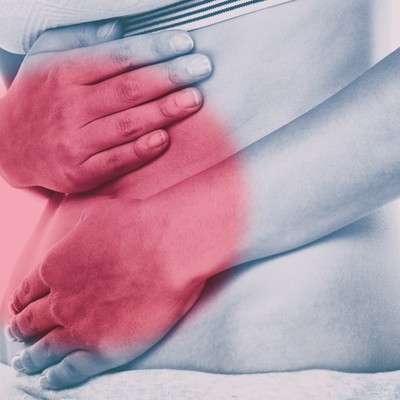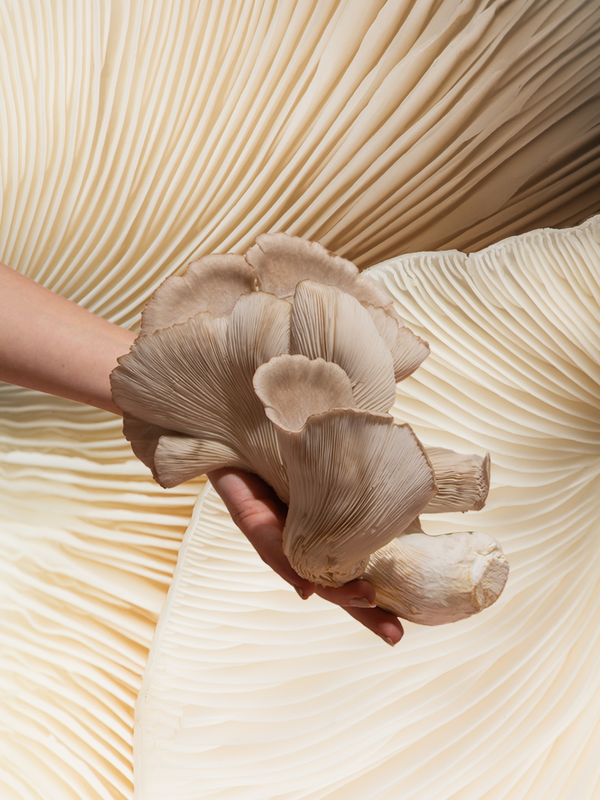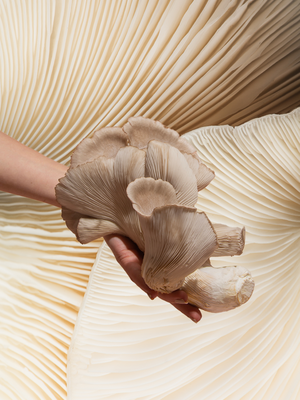
12 Things IBS Experts Want You To Know
Claire Barnes, Bio-Kult nutritional therapist, says…
There’s no single cause of IBS
“There are many varying symptoms of IBS, so it’s unlikely only one factor has led to the cause of the condition. Therefore, finding out the cause of IBS is often long winded and requires perseverance. Adapting one potential cause – such as eliminating a food intolerance – is likely to improve some symptoms, but it would still be necessary to address what has caused the food intolerance to begin with. For instance, is the food intolerance related to a lack of digestive enzymes, low stomach acid or leaky gut (where the digestive tract is damaged, allowing food particles to cross into the body) or perhaps a combination of all these?”
Don’t ignore the link between IBS and stress
“While IBS is predominantly a gastrointestinal condition, it is often now better described as a gut-brain axis disorder, given the strong associations of the digestive symptoms alongside mood alterations such as anxiety and depression. Why IBS occurs in an individual is not fully understood, but there is growing evidence that IBS is an inflammatory and stress-related condition. Alterations of bowel movements are likely related to dysregulation of the autonomic nervous system in the gut, whereas symptoms of abdominal pain and discomfort are thought to involve additional changes in the gut-brain axis, which cause a modified perception of increased sensitivity to pain.”
An elimination diet could help
“Common food intolerances related to IBS include dairy, onions, wheat, chocolate, coffee, eggs, nuts, citrus fruits, tea, rye, potatoes, barley, oats and corn. Undertaking an elimination diet where these foods are removed from the diet for at least three weeks and then slowly reintroduced one at a time should help ascertain which, if any, are causing symptoms. It is worth noting, though, that intolerances to fermentable fibres – such as onions and other vegetables and fruit – is often more likely to be a trigger for symptoms rather than a cause of the problem, so simply removing these foods may help IBS symptoms but won’t necessarily be addressing the cause.”
Jackie Hall, AXA PPP Health at Hand nurse, says…
Try keeping a symptom diary
“Keeping a symptom diary can help you gain a better understanding. Instead of trying to deal with symptoms as and when they happen, you can proactively manage your condition – and hopefully prevent future flare-ups. Try to do this over the course of four weeks. A detailed symptom diary should be able to highlight any obvious triggers, while sharing it with your doctor will help you find the right course of treatment.”
Other medications might not be helping
“Some drugs, such as certain antibiotics and medicines containing sorbitol, can trigger spasms within the colon, leading to constipation or diarrhoea. If you’re taking medication other than bulking agents and antimotility drugs (used to stop diarrhoea) and antispasmodics (used to relax the muscles of the gut), try to keep track of which medication you’re taking and what it’s for, when you take it, any side effects and whether or not you’re taking it in conjunction with any vitamins or complementary therapies such as herbal remedies or acupuncture.”
Consider the FODMAP diet
“The FODMAP diet appears to offer some people relief from their IBS symptoms. It stands for Fermentable Oligosaccharides, Disaccharides, Monosaccharides and Polyols. These types of carbohydrates are not easily absorbed by the body and they may be responsible for the abdominal pain and bloating associated with IBS. It can, however, be very confusing and complicated, so we would always advise a discussion with a dietician about how to incorporate this regime in your life.”
Rachel Clarkson, Harley Street-based dietitian, says…
IBS isn’t actually a disease
“IBS is a functional disorder of the gut not a disease, but it can be debilitating and shouldn’t go ignored. Symptoms usually occur when patients eat highly fermentable carbohydrates which cause excessive water and gas in the gut. There isn’t anything you can ‘test’ for on a blood test or scan, which are the usual methods. Diagnosis is based upon the exclusion of diseases associated with the gut by a doctor and then a dietitian can diagnose the type of IBS you have and treat it accordingly.”
You’ll know if it’s bowel disease
“Constipation or diarrhoea, pain, bloating, wind and heartburn – these are all common symptoms. But if you show any signs of persistent pain or changes in bowel habits – including blood in your stool – you should always seek the advice of your doctor. They will carry out tests for diseases known to affect the bowel. If all come back negative, you will most probably be diagnosed as having IBS.”
Dr Ayesha Akbar, consultant gastroenterologist at London Digestive Centre at Princess Grace Hospital, says…
There could be a genetic link
“The exact cause of IBS is still unknown. However, most experts think it’s related to several factors, including increased sensitivity of the gut, problems digesting food, psychological factors, family history and food triggers. There is no scientific evidence to suggest IBS is hereditary. However, there are trends showing multiple members of the same family suffering from the condition, and this has led us to believe that people are more susceptible to IBS if a parent or a sibling has it.”
Focus on management rather than cure
“Sadly, there is no cure for IBS, but the symptoms can usually be managed through diet and lifestyle changes. Controlling IBS depends purely on the symptoms experienced by each individual and the severity of them. We always encourage our patients to identify any foods or drinks that trigger symptoms, and avoid these, alter the amount of fibre in their diet, exercise regularly and maintain a healthy lifestyle, which includes reducing stress levels. Medication is sometimes prescribed to treat the individual symptoms if they are severe or debilitating. Probiotics have also been shown to benefit some IBS sufferers, particularly Lactobacillus and Bifidobacterium Infantis 35624, so patients may wish to factor these into their everyday diet too.”
Dr Simon Smale, consultant physician and gastroenterologist at York Hospitals NHS Foundation Trust, says…
Remember IBS is a collection of symptoms
“IBS is a descriptive term for a collection of symptoms when the communication between the brain, the gut and the biome (in other words, the bugs that live in our gut) don’t quite work properly. The connection between the three can go wrong for a number of reasons, such as the microbiome being disturbed by infection or a change in diet. It could also be due to changes in the sensitivity of the nerves and the way they transmit messages to the brain. Your environment and emotional state can also affect the sensitivity of your nerves, which can have a significant impact on how the bowels function.”
You’re not as alone as you think you are
“About 20% of the population in any given year will complain of symptoms consistent with irritable bowel, so you’re not alone if you think you might have it. These days it’s hard to find anyone that doesn’t suffer from some or most of the miserable symptoms of IBS. What’s surprising, though, is that they haven’t actually been diagnosed as having IBS. The gut has only a limited number of symptoms it can give you to signal that something is wrong. Because a number of other serious conditions such as some cancers and inflammatory bowel diseases can also present with the same symptoms, doctors are often much more concerned about not missing these, and will always investigate for those and sometimes overlook IBS as a diagnosis in itself.”
For further information on IBS and gut health, visit NHS.uk or BUPA.co.uk.
DISCLAIMER: We endeavour to always credit the correct original source of every image we use. If you think a credit may be incorrect, please contact us at info@sheerluxe.com.







